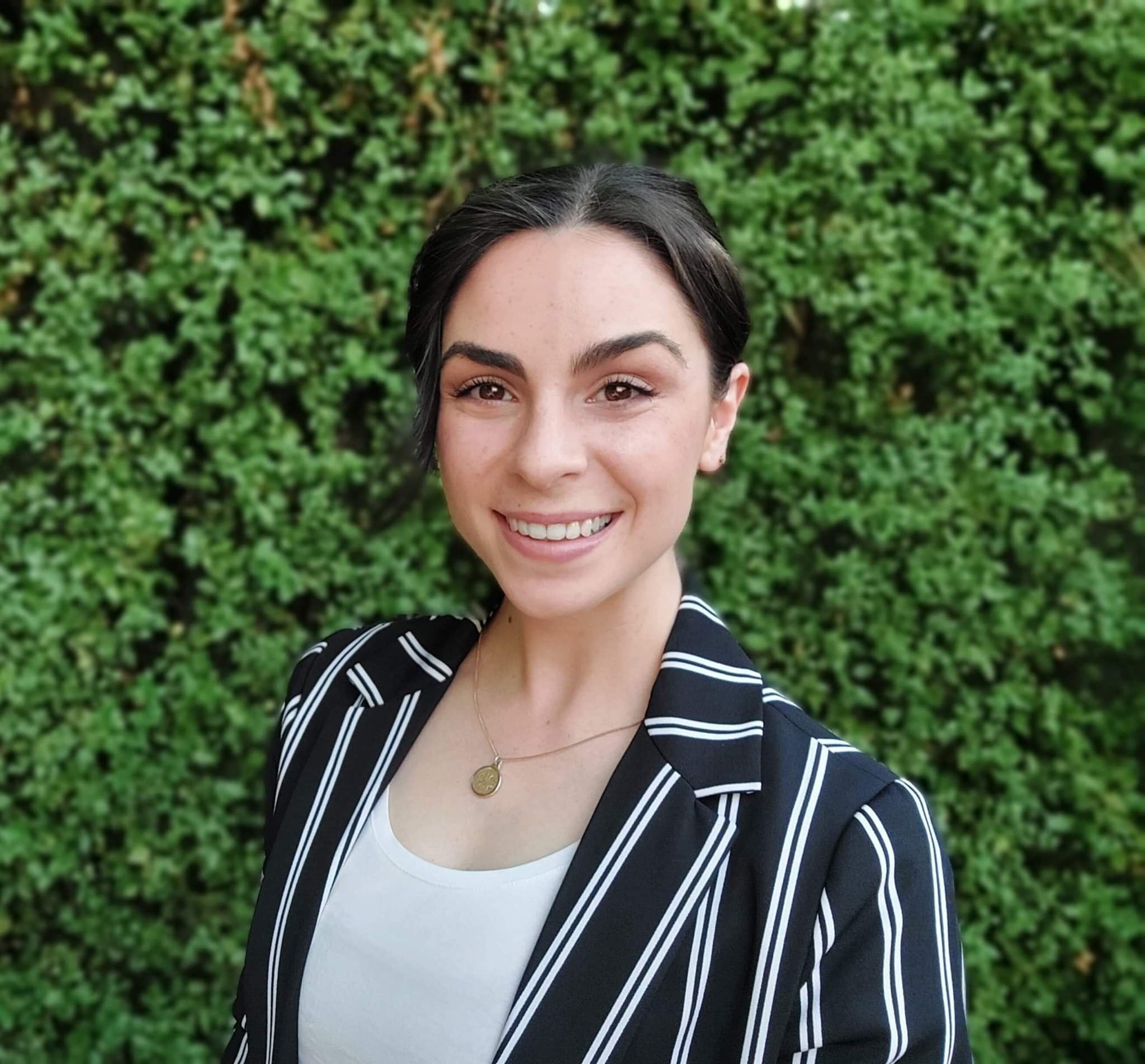Endocrinology Services
What does an Endocrinologist do?
Endocrinologists are specially trained physicians who diagnose and treat diseases related to the glands in the body. They hold a medical degree and undergo a further 5 years of specialist physician training before attaining the consultant endocrinologist qualification. The glands are responsible for productions of secreted substances known as hormones.
Endocrinologists treat people who suffer from these hormonal imbalances with the aim to restore normal balance. Some of the more common conditions treated by Endocrinologists include Diabetes, Thyroid Disease, Osteoporosis and Menopause. The spectrum of endocrine disorders is varied and they also deal with the rarer disorders of the pituitary, adrenal and parathyroid glands.
Our Diabetes & Endocrinology team manages all forms of endocrine disease including:
Type 1 Diabetes
Type 1 diabetes is an autoimmune condition where the body’s own immune system destroys the beta cells in the pancreas which produce insulin. We do not know what causes this autoimmune reaction however both genetic and environmental factors may be responsible.
Type 1 diabetes is not linked to modifiable lifestyle factors. Currently, there is no cure and it is lifelong but the condition is treatable with insulin and the guidance of a multi-disciplinary team who addresses different aspects of this complex condition.
The onset of type 1 diabetes occurs most frequently in people under 30 years. However, you can develop type 1 diabetes at any age. About 10% of all cases of diabetes are type 1.
Without insulin, glucose builds up in the body. The kidneys attempt to wash the excess glucose out through the urine, resulting in dehydration. The body burns its own fat reserves to supply energy which releases chemical substances in the blood called ketone bodies. Without ongoing injections of insulin, these ketone bodies accumulate. The high glucose and ketone levels along with dehydration can be life-threatening if it is not treated. This is a condition called diabetic ketoacidosis (DKA).
We know that type 1 diabetes has nothing to do with lifestyle, although maintaining a healthy lifestyle is very important in helping to manage all types of diabetes, including type 1 diabetes.
Type 1 diabetes is managed with insulin injections several times a day or the use of an insulin pump. Insulin can’t be taken as a tablet as it would be digested down to its building blocks, amino acids, by the body’s normal digestive process.
Glucose levels can be measured using a blood glucose monitor or a continuous glucose monitor which measures glucose in the body’s interstitial fluids.
Learning to recognise and count carbohyrdrates will assist with your accurate dosing of insulin.
Having a diabetes healthcare team – a number of different health professionals – who you can turn to for advice, support and treatment is recommended. These will include your general practitioner, endocrinologist (a specialist in hormones and diabetes), dietitian, diabetes educator, podiatrist, exercise physiologist, and psychologist, among others.
Having a regular healthcare routine for preventative checks with your healthcare team is recommended.
Type 2 Diabetes
Type 2 diabetes is a condition in which the body becomes resistant to the normal effects of insulin and gradually more insulin is required to get the job of moving glucose from the bloodstream to the cells that need it. In the face of this increased demand, the pancreas (organ which produces insulin) can fail and people with Type 2 diabetes can progress to the insulin requiring stage of Type 2 diabetes.
The condition has strong genetic and family-related (non-modifiable) risk factors and is also often associated with modifiable lifestyle risk factors. We do not know the exact genetic causes of type 2 diabetes. People may be able to significantly slow or even stop the progression of the condition through changes to diet and increasing the amount of physical activity they do. It represents 85–90 percent of all cases of diabetes.
Usually develops in adults over the age of 45 years but is increasingly occurring in younger age groups including children, adolescents, and young adults. It is more likely in people with a family history of type 2 diabetes or from particular ethnic backgrounds.
As type 2 diabetes can be progressive, many people will need oral medications and/or insulin injections in addition to lifestyle changes over time. Lifestyle changes may slow the progression of this disease. A multi-disciplinary team of allied health professionals and doctors can be important in optimally managing this condition.
Treating the disease early and aggressively has been shown to reduce the risk of complications. These include big vessel diseases such as heart attacks or strokes and small vessel diseases such as disorders of the kidneys, eyes and nerves.
Other vascular risk factors include high blood pressure, being overweight, not being active enough, eating a poor diet and having the classic ‘apple shape’ body where extra weight is carried around the waist.
People are at a higher risk of getting type 2 diabetes if they:
Have a family history of diabetes
Are older (over 55 years of age) – the risk increases as we age
Are over 45 years of age and are overweight
Are over 45 years of age and have high blood pressure
Are over 35 years of age and are from an Aboriginal or Torres Strait Islander background
Are over 35 years of age and are from Pacific Island, Indian subcontinent or Chinese cultural background
Are a woman who has given birth to a child over 4.5 kgs (9 lbs), or had gestational diabetes when pregnant, or has a condition known as Polycystic Ovarian Syndrome (PCOS)
Have mother who had gestational diabetes when they were in utero
Diabetes remission
Research shows that it is possible for some people with type 2 diabetes to achieve type 2 diabetes remission.
We define type 2 diabetes remission as an HbA1c of under 6.5% (48mmol/mol) for at least three months without the need for glucose-lowering medications.
The most common ways people have achieved remission is by achieving substantial weight loss following very intensive dietary changes or through bariatric surgery.
Remission is not achievable for everyone with type 2 diabetes. It does not signal "failure" or lack of effort. The health benefits of weight loss and a reduction in HbA1c are significant even if remission does not occur, as these reduce the risk of developing diabetes-related complications and may lead to reducing or stopping glucose-lowering medications.
Gestational Diabetes
Information coming soon.
Hyperthyroidism
This is the medical terminology for an overactive thyroid. It is akin to your body being on "fast-forward". It can cause palpitations, tremor, anxiety, weight loss, diarrhoea, bulging eyes (fror Graves disease), goitre or a swollen thyroid. If subtle, it may be asymptomatic. It is not a benign condition and is associated with an increased risk of atrial fibrillation (irregular heart rate) and osteoporosis (thinning of the bones).
Causes include Graves disease (autoimmune disease of the thyroid gland), "hot" nodules or thyroiditis (transient infllammation) of the thyroid.
Your endocrinologist will do blood tests including special thyroid antibody tests, a thyroid nuclear medicne scan +/- thyroid ultrasound in the diagnosis of this condition.
Hyperthyroidism is treated with anti-thyroid medications, radioactive iodine or surgery. Sometimes, no treatment is necessary and the condition resolves. The exact treatment depends on the underlying cause and hence prompt diagnosis is very important.
Hypothyroidism
This is the medical terminology for an underactive thyroid. It is akin to your body being on "slow-motion". It can cause weight gain, fatigue, high cholesterol, constipation, thinning of hair, coarse skin
Causes include Hashimoto's disease (autoimmune disease of the thyroid gland), radiation injury the thyroid, previous surgery to the thyroid or thyroiditis (inflammation of the thyroid).
Your endocrinologist will do blood tests including special thyroid antibody tests +/- a thyroid ultrasound in the diagnosis of this condition.
Hypothyroidism is treated with thyroid replacement medications. There are different forms of thyroid replacement medications and the target levels can vary depending on circumstances eg pregnancy.
Thyroid nodules and cancer
The thyroid commonly has nodules in it. The incidence of these nodules increases with age. The vast majority are benign (non cancerous) but size and ultrasound features can distinguish between these and those that are at a higher risk of cancer. A thyroid ultrasound can quantitate the size of the nodule and comment on its risk of malignancy based on ultrasound features. Sometimes, a fine needle aspirate biopsy is required for tissue diagnosis. Some nodules do need surgery.
Some nodules do turn out to be thyroid cancer. There are several subtypes of thyroid cancers - papillary, follicular, anaplastic etc. They do need surveillance with your endocrinologist. Some require adjuvant treatment with radioactive iodine (sometimes on more than 1 occasion).
Parathyroid disorders
The 4 parathyroid glands are located behind the thyroid gland. They regulate calcium metabolism in the body. Sometimes one or multiple can have a growth that overproduces parathyroid hormone (PTH). This can result in kidney stones and osteoporosis (thinning of the bones).
This may be diagnosed on blood tests and urine tests that show elevated calcium. Your endocrinologist may need to do a nuclear medicine scan for diagnosis. Often this condition requires referral to specialised endocrine surgeon for removal of the culprit gland(s). Prompt diagnosis and treatment are essential to stop long-term complications.
Pituitary disorders
The pituitary gland is a small pea-sized gland in your brain. It is known as the "master-gland" in the body as it controls a number of other glands. The front of the pituitary gland produces six hormones and you can have disorders of both under and overproduction of some of these hormones
ACTH - regulates cortisol (stress hormone) production from the adrenal glands
GH - growth hormone can be both under (GH deficiency) or over-produced (acromegaly)
TSH - regulates the thyroid gland
Prolactin - regulates breast-feeding, overproduction can cause periods to stop
and 6. LH and FSH - Fertility hormones
Adrenal disorders
The adrenal glands are located just above the kidneys. They produce multiple hormones that regulate blood pressure and steroid synthesis in the body. They can develop growths that are cancerous but tey can also have benign growths that produce excessive hormones. Sometimes, they have growths that are not of clinical significance and can be simply monitored. It is important to distinguish between these entities.
Osteoporosis
Osteoporosis is a disease of thinning of the bones - it is associated with poor bone density and architecture. It increases the risk of fractures (breaks of the bone). It is a very common condition and very underdiagnosed. It is a "silent" disease. It is commoner in post-menopausal women but often overlooked in men.
It is diagnosed with a good clinical history and a history of minimal trauma fractures - fractures that occurred under circumstances that normally should not lead to a fracture. A bone mineral density scan is a method of diagnosing osteoporosis but is also used to monitor its progress.
There are a number of secondary causes of osteoporosis including an overactive thyroid or parathyroid gland, coeliac disease, multiple myeloma, steroid use, Vit D deficiency, and testosterone deficiency - amongst other things.
Osteoporosis is treated with lifestyle measures including increasing calcium intake, Vit D supplementation if deficient and weight-bearing exercises. It sometimes needs medications which can be tablets or injectable therapies.
Meet our Diabetes & Endocrinology Team
-

Dr Devina Joshi
ENDOCRINOLOGIST
-

Dr Kellie Millard
ACCREDITED PRACTICING DIETITIAN (APD)
-

Sally Benedek
DIABETES EDUCATOR
-

Piper Goldie
EXERCISE PHYSIOLOGIST
-

Emily Jallat
CLINICAL PSYCHOLOGIST

